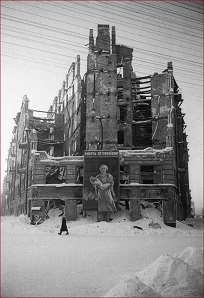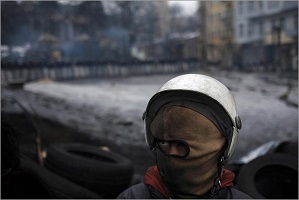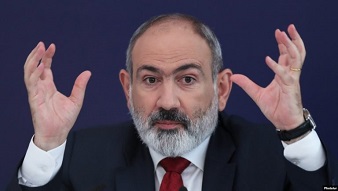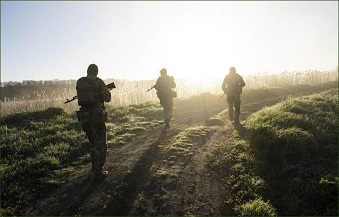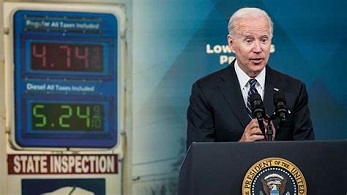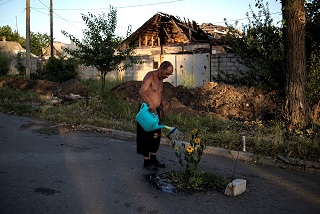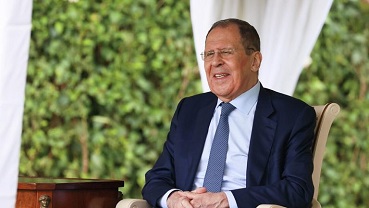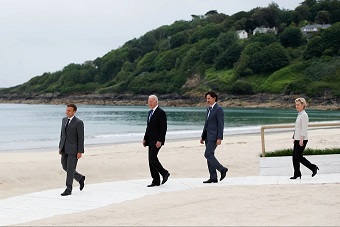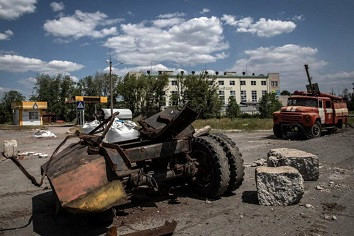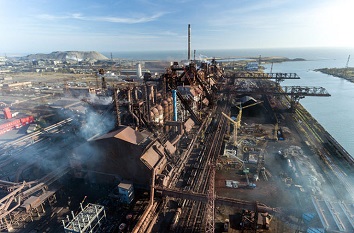An anniversary West would rather forget
An epochal anniversary from the annals of modern history is coming up in another ten days that remains a living memory for the Russian people. The Siege of Leningrad, arguably the most gruesome episode of the Second World War, which lasted for 900 days, was finally broken by the Soviet Red Army on 27th January 1944, eighty years ago to be exact.
The siege endured by more than three million people, of whom nearly one half died, most of them in the first six months when the temperature fell to 30° below zero. It was an apocalyptic event. Civilians died from starvation, disease and cold. Yet it was a heroic victory. Leningraders never tried to surrender even though food rations were reduced to a few slices of bread mixed with sawdust, and the inhabitants ate glue, rats — and even each other — while the city went without water, electricity, fuel or transportation and was being shelled daily.
It was on the 22nd of June, 1941 that the German armies crossed the Russian frontiers. Within six weeks, the Army Group North of the Wehrmacht, armed forces of the Third Reich, was within fifty kms of Leningrad in a fantastic blitzkrieg and had advanced 650 kms deep into Soviet territory.
A month later, the Germans had all but completed the city’s encirclement, only a perilous route across Lake Ladoga to the east connected Leningrad with the rest of Russia. But the Germans got no further. And 900 days later their retreat began.

























